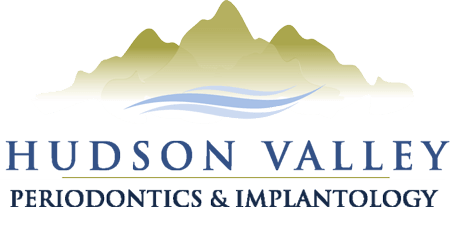Has your dentist talked with you about your gum health and the serious risks of gum disease? Understanding what causes gum disease can be the first step in stopping it. Read on to learn more about this condition and how a periodontal maintenance program can help you keep a healthier smile.
What Is Gum Disease?
Gum disease, also known as periodontal disease, is the leading cause of tooth loss in adults. It occurs when the gums become infected and inflamed due to the buildup of plaque and bacteria on the teeth. Along with excessive plaque and tartar, other common signs of gum disease may include persistent bad breath and red, irritated gums.
Gum Disease Causes and Risk Factors
The good news is that there are steps you can take to reduce your risk of gum disease. Here are some factors that can impact your gum health.
Poor oral hygiene – Flossing and brushing twice each day helps keep gum disease away. It’s true! But that’s not all. Even with the best habits, plaque and tartar can build up that only a professional can safely remove. That’s why it’s important to keep up with your regular dental cleanings.
Genetics – Do your parents or your siblings struggle with gum disease? If so, there’s a good chance that gum disease runs in your family. This doesn’t mean you will definitely have it. However, it does mean that you may need to be extra diligent about keeping your teeth clean and reducing your risks.
Tobacco use – Smoking lowers your body’s ability to fight off infections, which can make gum disease harder to treat. Also, smoking tends to make the gums appear gray, which can mask the symptoms of gum disease like red gums.
Diabetes – You’re more likely to have more sugar in your saliva if you have diabetes—especially if your diabetes is not well managed. This can put you at greater risk of gum disease.
Diet – Sugar can do double-duty damage against your gums by feeding the bacteria in your mouth and causing the bacteria to stick to your teeth and gums. This increases the risk of infection.
Medications (dry mouth) – Certain medications can reduce the amount of bacteria-fighting saliva in your mouth. When you have less saliva, bacteria can overpopulate and cling to your teeth. If you have gum disease, talk to your physician about any medication concerns you may have.
How Can I Prevent or Manage Gum Disease?
Along with maintaining good oral hygiene and managing your risk factors for gum disease, professional care can help you keep your gum health on track. Here at Hudson Valley Periodontics & Implantology, we can recommend a periodontal maintenance program that is best for you. We also perform regular dental cleanings to remove buildup you cannot reach on your own.
Additionally, we offer a service called scaling and root planing that can provide more in-depth cleaning and possibly even reverse gum disease.
Learn More About Treatment for Gum Disease
If you think you may have gum disease or wish to schedule an appointment, contact us today at 845-623-6666. The team at Hudson Valley Periodontics & Implantology is here to help you keep your teeth healthy for life and make your experience as comfortable as possible.

